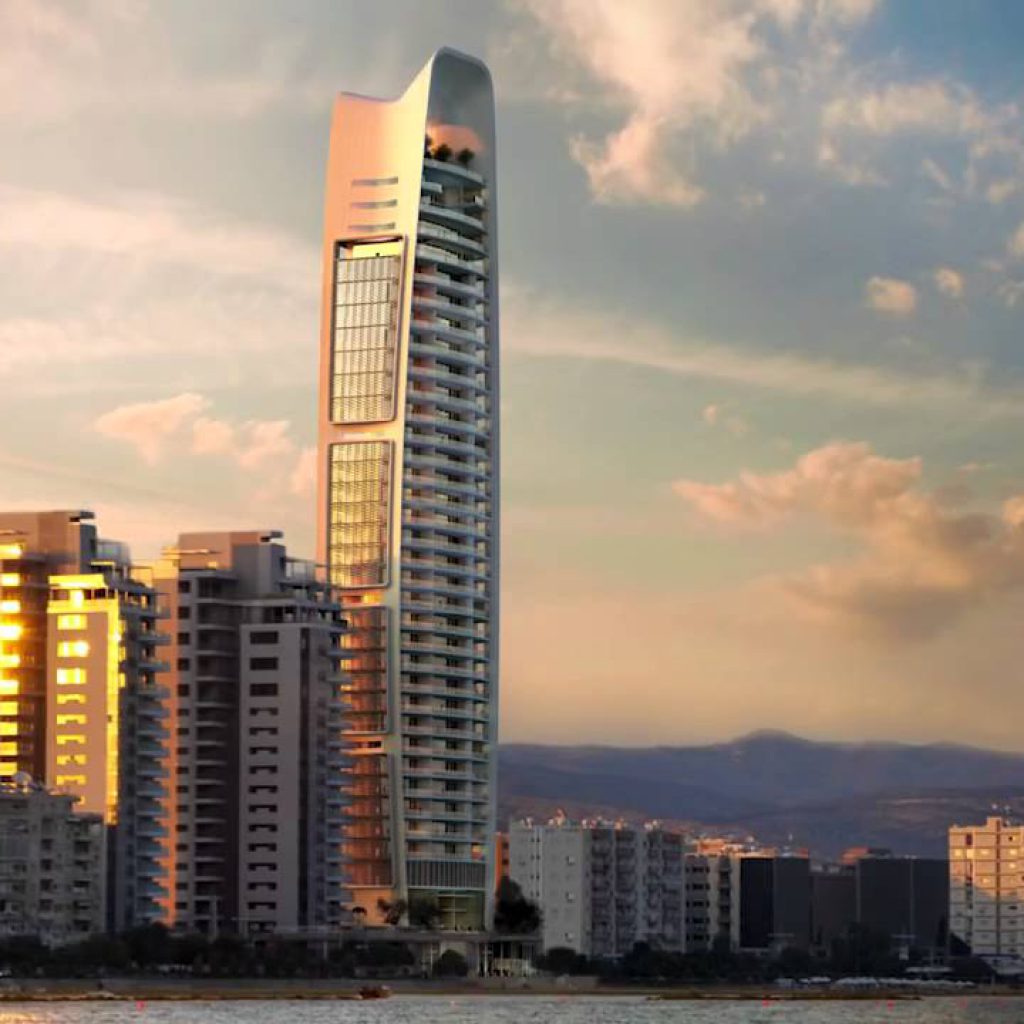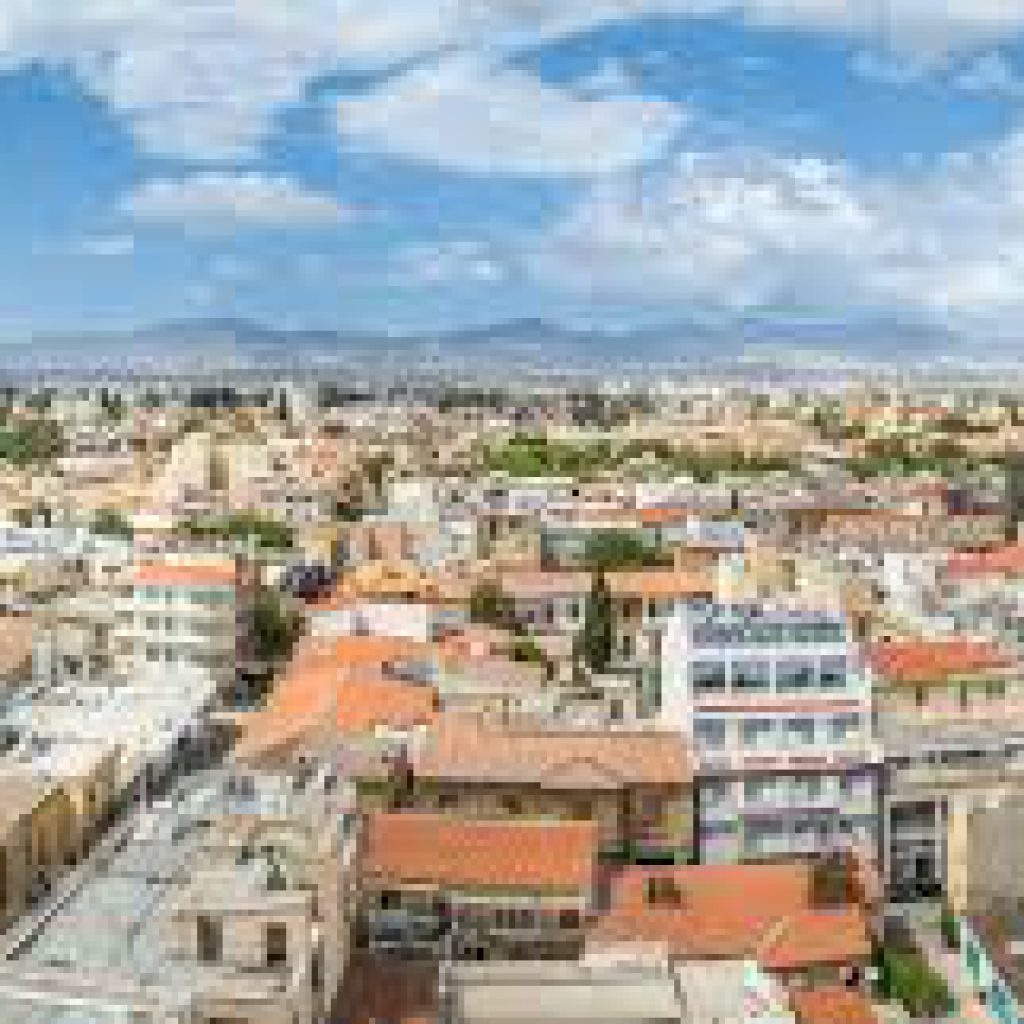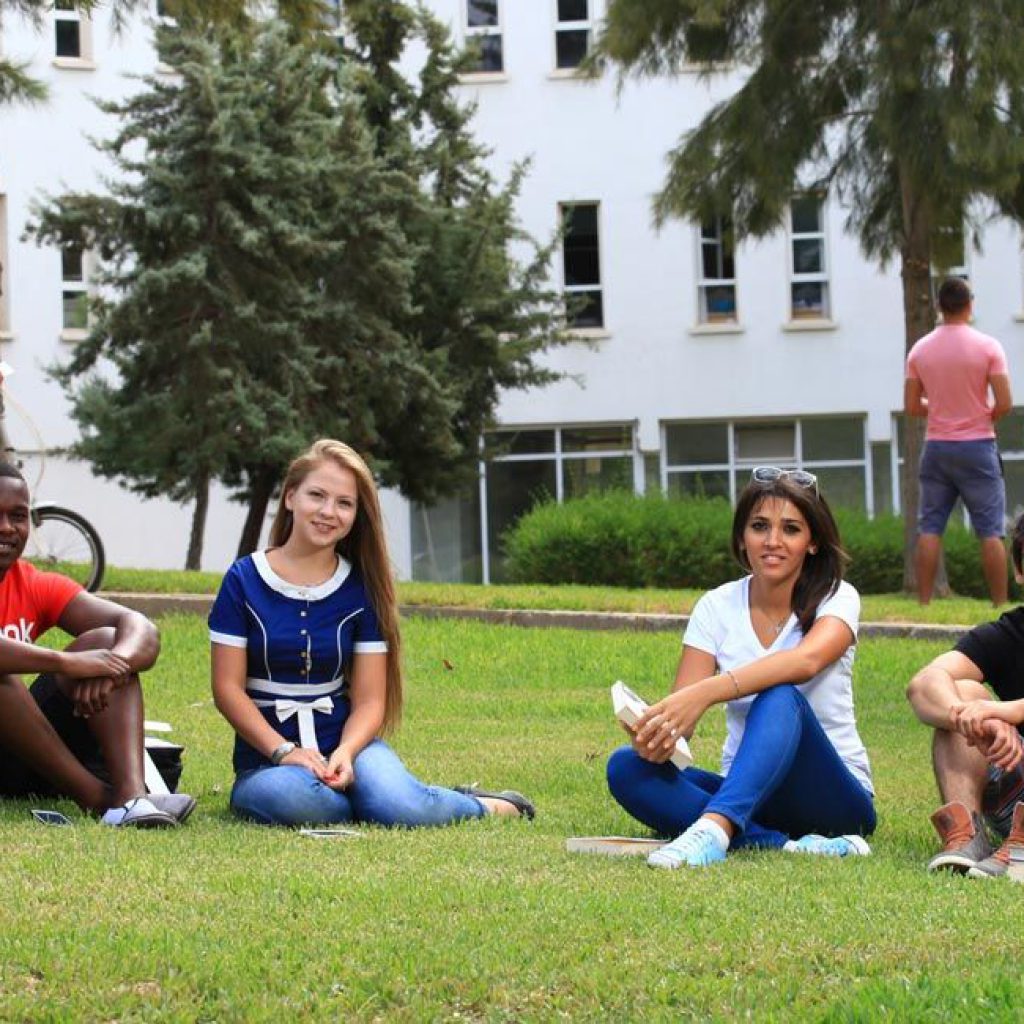Why Cyprus
The Republic of Cyprus lies at the crossroads of three continents, where East meets West and North meets south. The third most populous island in the Mediterranean Sea, Cyprus is a popular tourist spot, dynamic business center and a fast growing education destination. Cyprus joined the European Union on May 1st 2004 and the Euro zone on January 1st 2008. Its population is approximately 1.1 million, and it is a presidential republic.
Throughout the year, Cyprus hosts more than two million visitors from around the world to enjoy a holiday of cultural discovery, to attend educational and scientific meetings or to conduct business with a global impact. Cyprus has something for everyone: guaranteed sunshine, crystal clear seas, white-sand beaches, world-class resorts, rugged mountain trails, culturally vibrant cities and idyllic villages. It also has a thriving services sector and a high-caliber healthcare industry which is gaining prominence as a destination for medical tourism and medical care from around the region and beyond.


Cyprus enjoys a Mediterranean climate with long dry summers starting in mid-May and lasting until mid-October and quite mild winters from December to February. Spring and autumn are short, but each has its special characteristics in terms of natural beauty and traditional events. European in culture and rich in history with a highly educated population and sophisticated infrastructure, Cyprus still retains its warm island charm and hospitality with open, communicative people and a tradition of hospitality.
Most Cypriots speak English, and other prominent languages, and proudly share their culture with visitors through traditional cuisine, culture and entertainment. Due to its relatively low crime rate, high standard of living and thriving education sector, Cyprus is home to many foreign nationals. With this increasing multi-cultural make-up, Cyprus has become a hub for business cooperation among Europe, the Middle East, Asia and Africa and a center of excellence for an array of professional services in the fields of higher education, finance and medicine.
Education in Cyprus
Education in Cyprus is overseen by the Ministry of Education and Culture.
The education system is divided into pre-primary education (ages 3–6), primary education (ages 6–12), secondary education (ages 12–18) and higher education (ages 18+). Full-time education is compulsory for all children aged between 5 and 15.State-provided schooling including higher education is paid for by taxes.
There is also a parallel system of accredited independent schooling, and parents may choose to educate their children by any suitable means. Private school and university fees are not usually covered by the state.
Higher education often begins with a four-year bachelor’s degree. Postgraduate degrees include master’s degrees, either taught or by research, and the doctorate, a research degree that usually takes at least three years. Universities require accreditation in order to issue degrees.

Why Cyprus Should Be On Top of Your Study Abroad Shortlist
1. An affordable and accessible path to success
2. The structure of the academic year
3. Comfy accommodation and attractive facilities
4. Great universities in Cyprus to choose from
5. Booming business programmes
